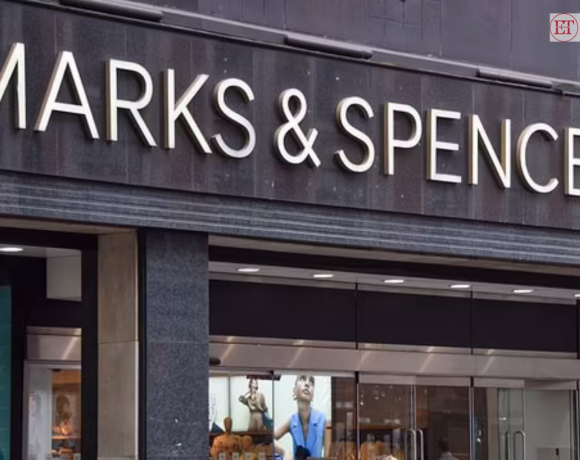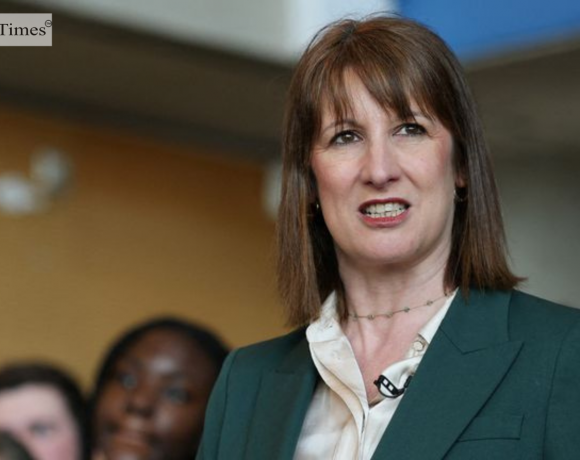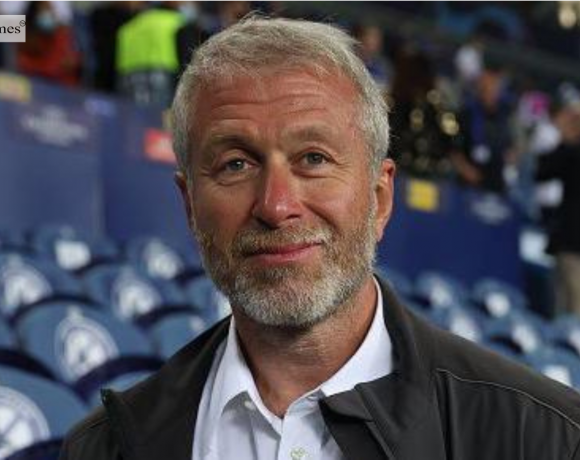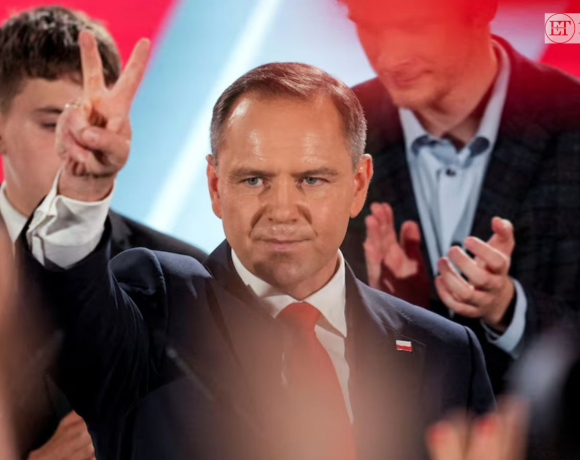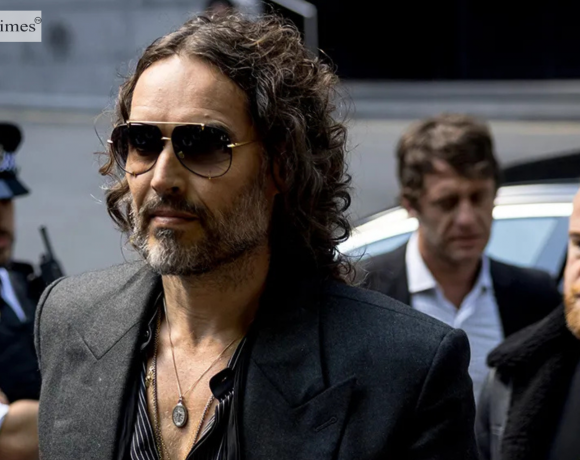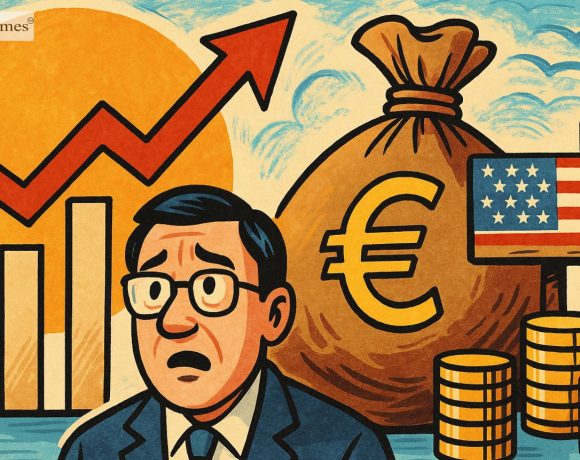
From the quiet lanes of Thrissur to the corridors of global recognition, K. Paul Thomas has walked a path few dare to tread—blending finance with faith, business with benevolence, and vision with values. This is the inspiring story of the man behind ESAF, who ignited India’s banking revolution rooted in compassion.
From a Dream to a Nationwide Mission
In 1992, amidst a transformative period in India marked by sweeping economic reforms and the dawn of globalisation, ESAF was launched as a non-governmental organisation (NGO). Just a few years later, in 1995—when the concept of “microfinance” was still largely unfamiliar—a visionary young man from Kerala, K. Paul Thomas, dared to dream differently about finance. This led to the birth of the Micro Enterprises Development (MED) Division under ESAF.
While many were fixated on building profit-driven empires, K. Paul Thomas chose a path less traveled—one centered on empowering people. His focus was on the often-overlooked segment of India’s population: women living in some of the most underdeveloped and remote parts of the country, long excluded from formal financial systems.
At the heart of ESAF’s humble beginnings was a powerful vision: to uplift communities not through handouts or charity, but by enabling dignified access to financial services. “The poor don’t need handouts. They need an opportunity to prove themselves,” he asserted.
Today, after more than three decades, ESAF has transformed from a grassroots initiative into a fully licensed Small Finance Bank. With a presence in over 780 locations across 24 states and 2 union territories, it proudly serves more than 9.4 million customers. Yet, despite its exponential growth, ESAF has never strayed from its founding spirit. It continues to operate not merely as a bank, but as a mission-driven movement grounded in social purpose.
A Pioneer Ahead of His Time
Long before the Kudumbashree movement made waves in Kerala, Paul Thomas had already introduced the idea of Self-Help Groups (SHGs) and joint liability models as powerful tools for transformation. Inspired by Nobel Laureate Prof. Muhammad Yunus and the Grameen Bank model in Bangladesh, he adapted it for Indian realities.
His earliest steps involved going door-to-door in remote villages, forming neighbourhood women’s groups, encouraging savings habits, and offering microloans for home-based businesses. It was hard work, but it worked.
ESAF became one of the earliest proponents of microfinance in India, and Paul Thomas, its unassuming evangelist.
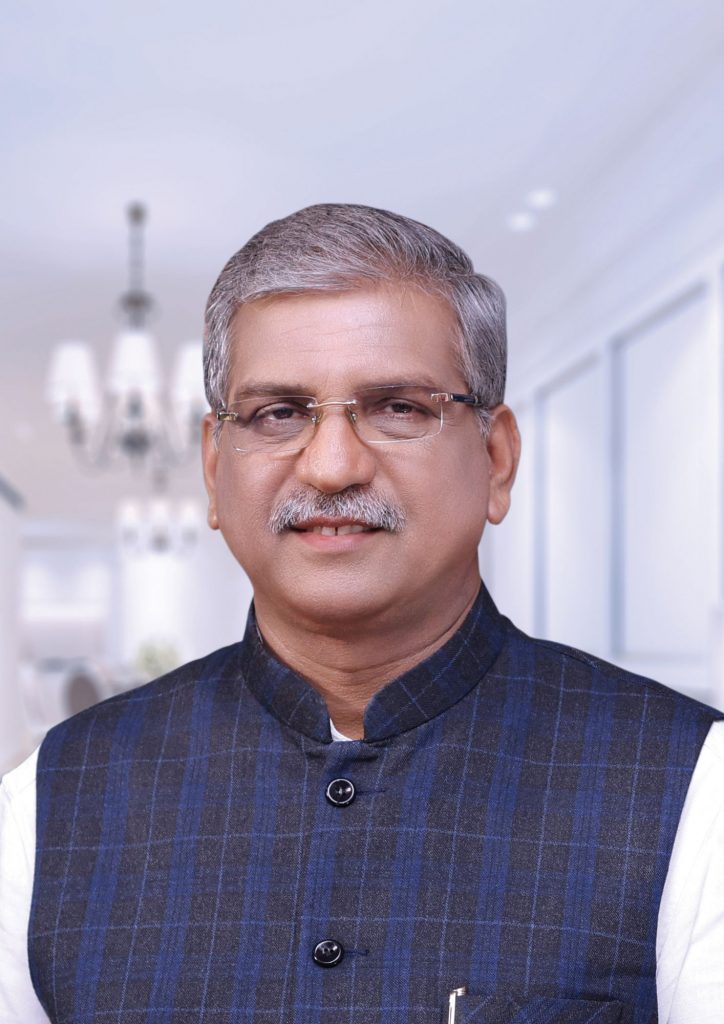
A Bank Where Lives Matter
When ESAF Small Finance Bank received its banking licence in 2017, it made history as the first bank from Kerala to be licensed after independence. That moment was a culmination of years of persistent work under the sun and the shade—building trust, reaching the unreached, and nurturing a network of believers in inclusive growth.
Today, ESAF Bank stands tall not just in numbers, but in values. Unlike traditional banks, its focus has always been clear: financial inclusion, livelihood support, and community transformation.
Under Paul Thomas’s guidance, the organisation expanded its offerings beyond microloans. It set up leadership training programmes for women empowerment, training programmes for rural entrepreneurship, created market linkages for artisan products, and facilitated access to government schemes. This integrated model became a lifeline for thousands trying to escape the cycle of poverty, and it also helped sustain the ecosystem he created.
His leadership drew investors with a conscience—organisations like Opportunity International (Australia) and Oikocredit of the Netherlands—who backed his dream with dollars.
A Banker Who Serves
Ask anyone who knows him and they’ll vouch that Paul Thomas isn’t just a banker. He’s a servant leader. The term isn’t just a buzzword for him; it defines his ethos. His approach to governance is bottom-up, empowering those at the grassroots to shape their own destinies and escape the iron grip of poverty.
His belief? Leadership is not about being in charge. It’s about taking care of those in your charge. He lives this every day, not only in the policies ESAF adopts, but also in how he leads his teams with empathy, trust, and an unwavering sense of purpose.
Over the years, many prestigious laurels have come his way as signs of recognition for his visionary leadership and social impact. These include the Atal Pension Yojana Big Believers Award 3.0 for the Best Performing MD and CEO, the Circle of Excellence Exemplary Award of Par Excellence instituted by the PFRDA, and the Entrepreneur of the Year Award by TiE Kerala. He was conferred with the TMA Management Excellence Award and the Chamber of Commerce Award. He also received the Icon of Sustainability Award.
Furthermore, he was feted with the FE Pillar of the BFSI Industry Award at the Financial Express Modern BFSI Summit—an acknowledgement of his enduring influence in reshaping banking with purpose and integrity.
Paul Thomas was also recognised as the CEO with HR Orientation at the World HRD Congress in 2022.
Rooted in Values, Recognised Worldwide
As ESAF steadily expanded its presence across India, it remained firmly anchored to its founding principle—that banking should be just, fair, and inclusive. This unwavering belief found resonance far beyond national borders. Under the leadership of K. Paul Thomas, ESAF became the first Indian bank to join the Global Alliance for Banking on Values (GABV), a global network of institutions dedicated to ethical and sustainable banking practices.
But ESAF’s global alignment didn’t stop there. It also joined the World Fair Trade Organisation, strengthening its pledge to uphold social justice on an international scale.
Such dedication to purpose did not go unnoticed. ESAF Small Finance Bank was named a finalist at the prestigious European Microfinance Award not once, but twice—first in 2014 as a Non-Banking Financial Company (NBFC), and again in 2018 as a full-fledged bank.
These recognitions weren’t just about innovation; they were acknowledgments of real, measurable impact.
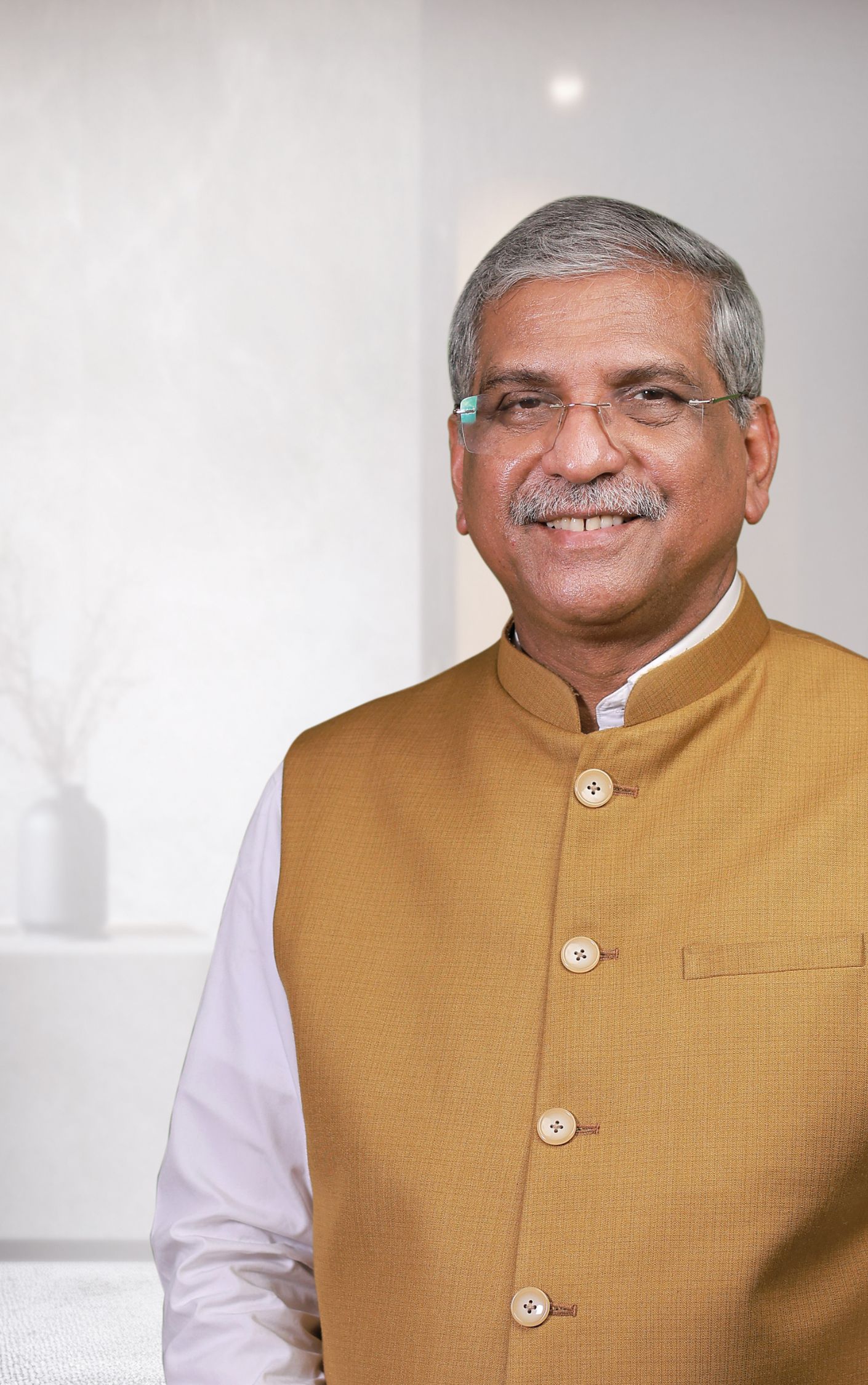
Organising the Unorganised
One of Paul Thomas’s most notable contributions has been his relentless focus on the unorganised sector. In a country where informal workers form the majority, yet remain invisible to formal institutions, he saw a gap—and an opportunity. Through ESAF, he brought these communities into the fold—not just as borrowers, but as stakeholders in development.
Skill training programmes were rolled out, and artisans were given branding and marketing support. His initiatives also lent a helping hand to farmers in accessing fair trade markets. And above all, individuals were given the dignity of being seen, heard, and supported. This holistic approach created not just financial inclusion but also social empowerment. He deserves applause for being a bridge builder between the unorganised sector and the formal economy, thereby empowering countless individuals and communities.
Wearing Many Hats With Elan
While ESAF is his flagship legacy, K. Paul Thomas wears many hats with panache. He formerly served as the President of the Thrissur Management Association, and the Chairman of CII Kerala Chapter. Currently, he is the Chairman of Sa-Dhan, a Self-Regulatory Organisation for community development finance institutions.
In each role, he continues to champion the cause of inclusive development—ensuring that financial systems evolve not just for profit, but for people and the planet. Although his academic background gave him the technical grounding, it was his values and vision that truly shaped his legacy.
Awards Are Great, Impact Is Better
Under Paul Thomas’s leadership, ESAF Small Finance Bank has not just grown—it has thrived on values. In 2018, the bank attained Scheduled Commerce Bank status. The institution has garnered numerous accolades that highlight its trailblazing efforts in the financial sector. Among its most notable recognitions is the prestigious title of “Rising Brand of Asia 2021–2022” by BARC Asia, which acknowledged ESAF’s exceptional growth and visibility in the Asian market. The Leadership Capital and Makers of Excellence Award, instituted by the Pension Fund Regulatory and Development Authority (PFRDA), further validated the bank’s commitment to ethical governance and impactful leadership. Additionally, ESAF received an Honourable Mention at the Global SME Finance Awards 2021, organised by the International Finance Corporation, placing it among the most innovative and effective institutions supporting small and medium enterprises worldwide. Later in 2023, he steered ESAF Small Finance Bank to successfully launch its IPO, which was oversubscribed 77 times.
Yet, for Paul Thomas, such recognitions, while meaningful, are not the ultimate goal. He views them as encouraging affirmations rather than endpoints. His deepest sense of fulfilment stems not from trophies or titles, but from the real and lasting changes in the lives of those ESAF serves. For him, success lies in human stories—of resilience, dignity, and empowerment. He believes the true measure of success is transformation—not balance sheets.
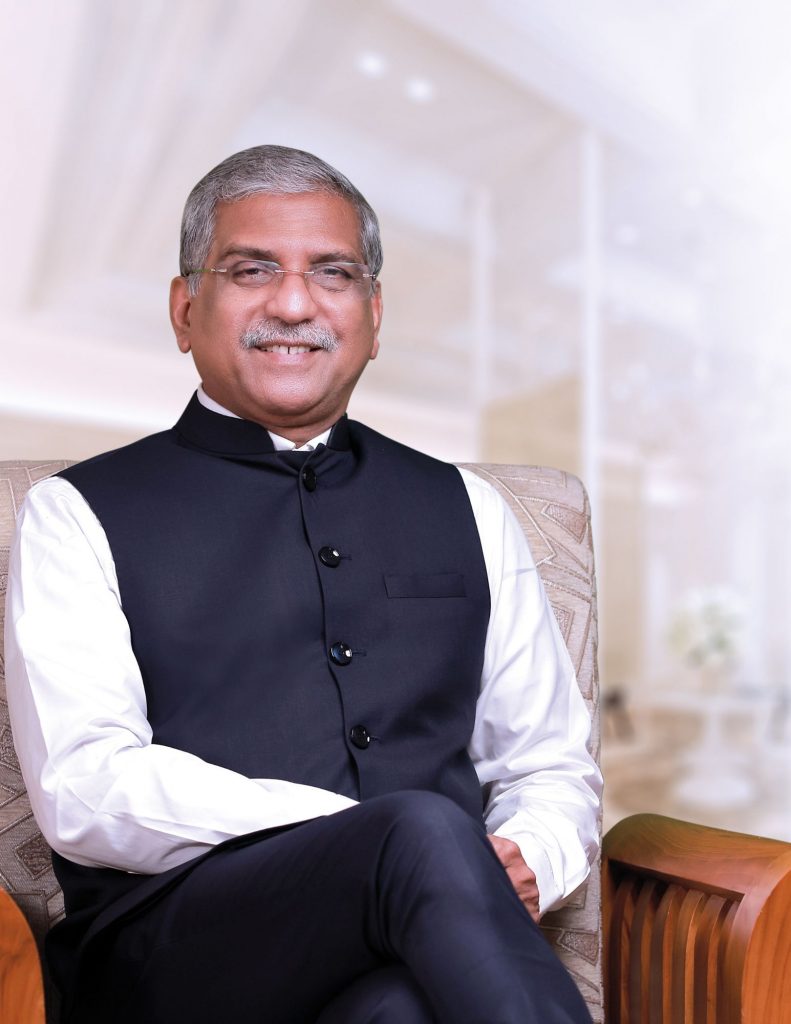
A Story Still Being Written
At 62, with decades of impact behind him, K. Paul Thomas remains as committed and passionate as ever. He believes India’s next big revolution is not digital or industrial—but social.
“The marginalised must be brought to the mainstream,” he often says, “not through force or charity, but through dignity and opportunity.” In a world obsessed with unicorns and billion-dollar valuations, Paul Thomas stands as a gentle giant—building an empire of empathy, trust, and values.
His journey is a testament to what happens when business meets compassion, when banking becomes a vehicle for justice, and when a single individual chooses to walk the path less taken—with courage, clarity, and commitment.
A Name You Can Trust
Paul Thomas is more than the founder of a bank. He is the founder of a movement of trust. He believed in the poor when no one else did. He brought dignity to development. And he proved that the most sustainable business model is one rooted in humanity.
As India moves forward into a future of rapid change, leaders like him remind us of the timeless values that truly move the world—compassion, courage, and community.
Pic Courtesy: Pegasus Photography/images are subject to copyright


